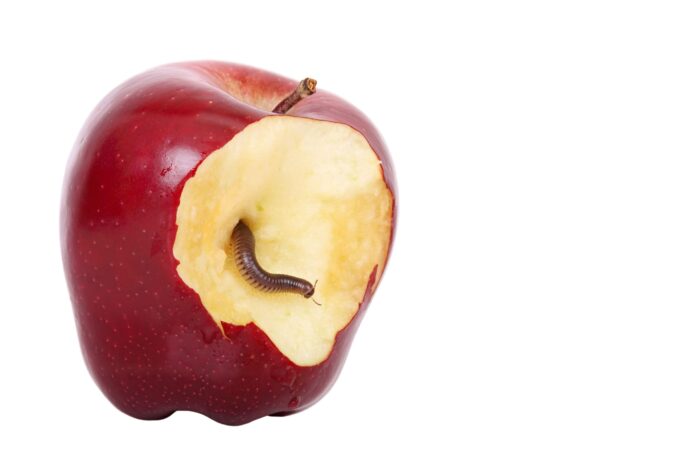Apple’s custom processors that power the iPhone and iPad include patented technology that the company used without permission, according to a Wisconsin court. The patent licensing arm of the University of Wisconsin prevailed in a lawsuit brought against Apple and decided by a jury in Madison, Wisc.
Apple never denied using the technology, but instead claimed that the university’s patent was invalid. On Tuesday the jury ruled the patent is valid, and will now go on to decide on the damages that Apple will pay. Apple could owe as much as $862 million, or a little less than its daily profit from the sale of iPhones, iPads and Macs.
Eventually Apple could end up paying more, however. According to Reuters, the Wisconsin judge has scheduled the trial in three phases. The first phase, liability, will conclude now that Apple has been found guilty of violating a valid patent. The second phase, damages, comes next and could lead to penalties of up to $862 million. The third phase will be a determination of whether Apple willfully violated the patent. If the jury determines that Apple did this, the company could face more damages.
The technology in question boosts processing efficiency for Apple’s custom A7, A8 and A8X processors, used in recent iPhones and iPads. Apple and Samsung make their own processors for high-end smartphones, while most other manufacturers buy processors from Qualcomm or another chipmaker.
Apple is likely to end up paying the University of Wisconsin to license the patent. Several years ago Intel faced a lawsuit over the same patent and ended up settling out of court and licensing the patent for a one-time payment of $110 million, according to Forbes.
It’s been a bad week so far for Apple. On the same day that the Wisconsin jury was reading its verdict, an analyst report was circulating in the press that claimed Apple had cut order to suppliers, portending lower-than-expected sales of the iPhone 6 and 6s.

